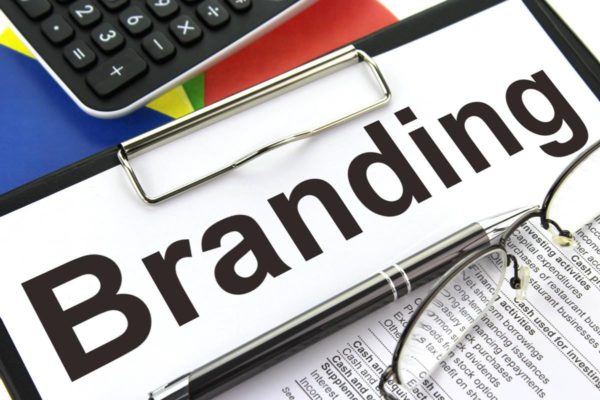2021 is finally here, but the post-holiday period doesn’t only bring good tidings. Employee engagement tends to plunge in January because of the New Year Blues, jeopardizing productivity and customer service. This year, with the pandemic still raging, things may get even worse.
Understanding why low or lack of engagement happens is the first step to fight it. It seems that poor communication is often the culprit. We’re not communicating enough, or clearly enough, causing employees to feel disoriented and to eventually disengage.
To complicate matters, words don’t just have their inherent, dictionary meaning. They also have an implicit meaning that may be affected by context, social factors, and one’s personal experiences. Choosing the right words to inform and inspire your team members can be tricky – the good news is that you can already start improving the way you communicate using these few simple Mindspeller tips.
Use concrete words
If you want your reader to relate to the situation that you’re describing, you need to help them picture it clearly in their head. One way to do it is to use concrete words, which usually refer to material things that can be perceived via the senses. You can try offering specific identifying information or playing with sensory details (sight, sound, smell, taste, and touch). This technique will keep your readers emotionally engaged, and it may also help you avoid misunderstandings.
For example, instead of The presentation is confusing, write There is too much text on the presentation slides. You could also write The new uniforms are itchy instead of The new uniforms are uncomfortable.
Moreover, research indicates that concrete words are learned earlier than abstract words and that words acquired earlier in life are processed faster than words acquired later. Concrete words are also easier to recall than abstract words. That’s why Mindspeller’s Software-as-a-Service considers concreteness when calculating a word’s stability score in the association network.
Use correct and contextually-appropriate words
Ensuring that the word that you’re using actually means what you think it means is important. Perhaps you’re already familiar with some of the most common linguistic mistakes (using ‘literally’ instead of ‘figuratively’, or ‘complementary’ instead of ‘complimentary’, for example).
But a dictionary check is only the first step. Our personal experiences shape our perception of words, and while these experiences may concern a part of the population, they may not concern you (for example, ‘shade’ means ‘insult’ in certain contexts). You need to put yourself in your reader’s shoes, because how you’re going to come across in a specific situation is more important than even the best of intentions – especially in a constantly-evolving social and political scenario.
Choosing correct and contextually-appropriate words will help you avoid brand blunders (remember when Umbro had to rename their Zyklon shoes?), especially in new markets (even when they speak your language). A tricky task, yes, but Mindspeller clients don’t have to do it on their own: our Association Wheels conveniently visualize top of mind associations that form part of our collective subconscious.
Not sure if you’ll have the time to apply these guidelines throughout the year? Not to worry: try our free Copy Optimizer demo and make sure your message truly motivates your team members by triggering intended associations.



